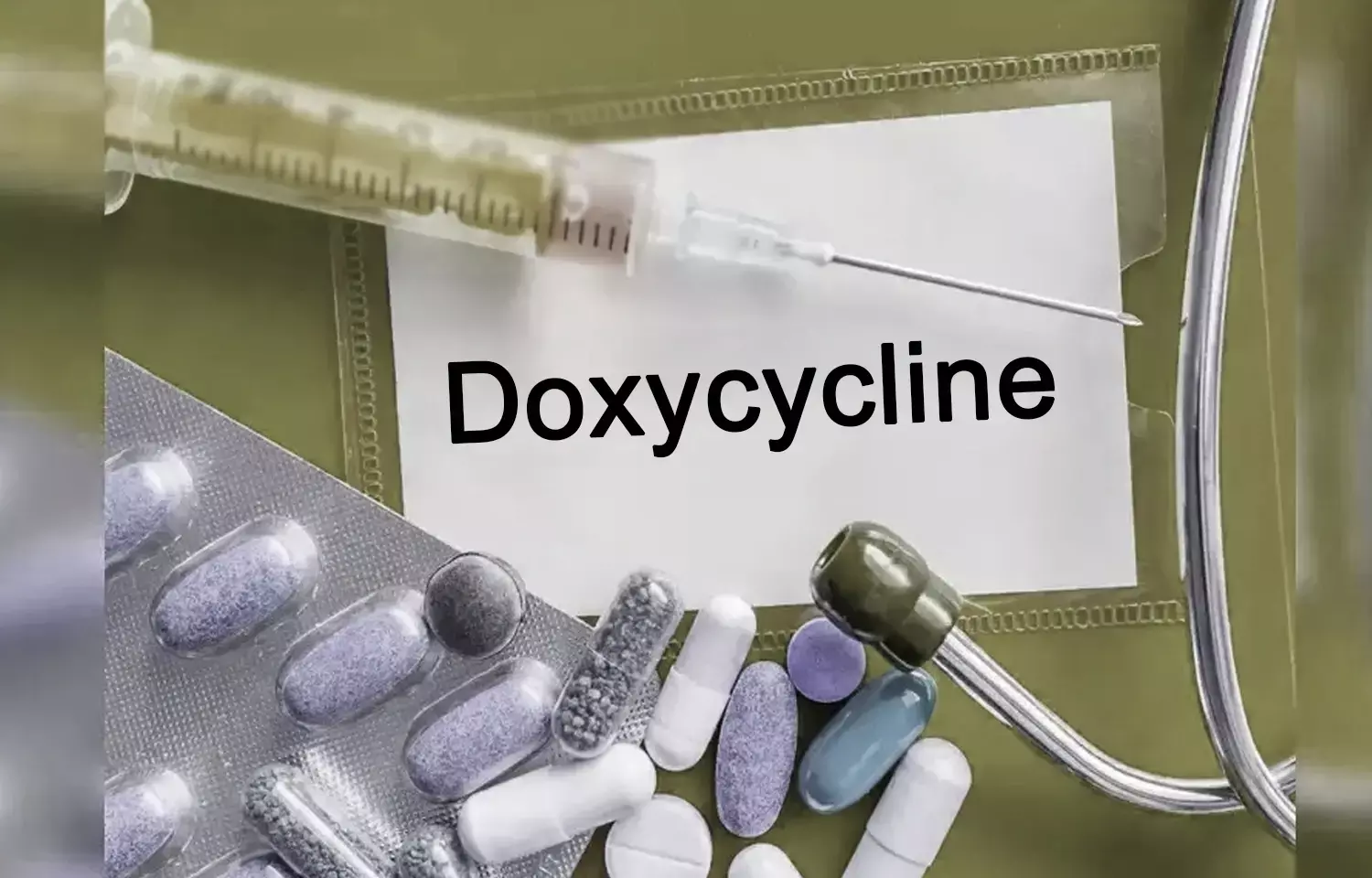- Home
- Medical news & Guidelines
- Anesthesiology
- Cardiology and CTVS
- Critical Care
- Dentistry
- Dermatology
- Diabetes and Endocrinology
- ENT
- Gastroenterology
- Medicine
- Nephrology
- Neurology
- Obstretics-Gynaecology
- Oncology
- Ophthalmology
- Orthopaedics
- Pediatrics-Neonatology
- Psychiatry
- Pulmonology
- Radiology
- Surgery
- Urology
- Laboratory Medicine
- Diet
- Nursing
- Paramedical
- Physiotherapy
- Health news
- Fact Check
- Bone Health Fact Check
- Brain Health Fact Check
- Cancer Related Fact Check
- Child Care Fact Check
- Dental and oral health fact check
- Diabetes and metabolic health fact check
- Diet and Nutrition Fact Check
- Eye and ENT Care Fact Check
- Fitness fact check
- Gut health fact check
- Heart health fact check
- Kidney health fact check
- Medical education fact check
- Men's health fact check
- Respiratory fact check
- Skin and hair care fact check
- Vaccine and Immunization fact check
- Women's health fact check
- AYUSH
- State News
- Andaman and Nicobar Islands
- Andhra Pradesh
- Arunachal Pradesh
- Assam
- Bihar
- Chandigarh
- Chattisgarh
- Dadra and Nagar Haveli
- Daman and Diu
- Delhi
- Goa
- Gujarat
- Haryana
- Himachal Pradesh
- Jammu & Kashmir
- Jharkhand
- Karnataka
- Kerala
- Ladakh
- Lakshadweep
- Madhya Pradesh
- Maharashtra
- Manipur
- Meghalaya
- Mizoram
- Nagaland
- Odisha
- Puducherry
- Punjab
- Rajasthan
- Sikkim
- Tamil Nadu
- Telangana
- Tripura
- Uttar Pradesh
- Uttrakhand
- West Bengal
- Medical Education
- Industry
Doxycycline bests azithromycin in treatment of rectal chlamydia infection: NEJM

Researchers from a recent study have found out that a 7-day course of doxycycline was superior to single-dose azithromycin in the treatment of rectal chlamydia infection among men who have sex with men.
The study is published in the New England Journal of Medicine.
Rectal chlamydia is a common bacterial sexually transmissible infection among men who have sex with men. Data from randomized, controlled trials are needed to guide treatment.
Hence, Andrew Lau and colleagues from the University of Melbourne carried out the present research to compare the effectiveness of Azithromycin and Doxycycline for asymptomatic rectal chlamydia trachomatis.
In this double-blind trial conducted at five sexual health clinics in Australia, the authors randomly assigned 625 men (314 in the doxycycline group and 311 in the azithromycin group) and who had asymptomatic rectal chlamydia to receive doxycycline (100 mg twice daily for 7 days) or azithromycin (1-g single dose).
Asymptomatic chlamydia was selected as the trial focus because more than 85% of men with rectal chlamydia infection are asymptomatic, and clinical guidelines recommend a longer treatment course for symptomatic infection.
The primary outcome was a negative nucleic acid amplification test for rectal chlamydia (microbiologic cure) at 4 weeks.
The following findings were observed-
a. Primary outcome data were available for 290 men (92.4%) in the doxycycline group and 297 (95.5%) in the azithromycin group.
b. In the modified intention-to-treat population, a microbiologic cure occurred in 281 of 290 men (96.9%; 95% confidence interval [CI], 94.9 to 98.9) in the doxycycline group and in 227 of 297 (76.4%; 95% CI, 73.8 to 79.1) in the azithromycin group, for an adjusted risk difference of 19.9 percentage points (95% CI, 14.6 to 25.3; P<0.001).
c. Adverse events that included nausea, diarrhea, and vomiting were reported in 98 men (33.8%) in the doxycycline group and in 134 (45.1%) in the azithromycin group (risk difference, −11.3 percentage points; 95% CI, −19.5 to −3.2).
Therefore, the authors concluded that "a 7-day course of doxycycline was superior to single-dose azithromycin in the treatment of rectal chlamydia infection among men who have sex with men."
Dr. Nandita Mohan is a practicing pediatric dentist with more than 5 years of clinical work experience. Along with this, she is equally interested in keeping herself up to date about the latest developments in the field of medicine and dentistry which is the driving force for her to be in association with Medical Dialogues. She also has her name attached with many publications; both national and international. She has pursued her BDS from Rajiv Gandhi University of Health Sciences, Bangalore and later went to enter her dream specialty (MDS) in the Department of Pedodontics and Preventive Dentistry from Pt. B.D. Sharma University of Health Sciences. Through all the years of experience, her core interest in learning something new has never stopped. She can be contacted at editorial@medicaldialogues.in. Contact no. 011-43720751
Dr Kamal Kant Kohli-MBBS, DTCD- a chest specialist with more than 30 years of practice and a flair for writing clinical articles, Dr Kamal Kant Kohli joined Medical Dialogues as a Chief Editor of Medical News. Besides writing articles, as an editor, he proofreads and verifies all the medical content published on Medical Dialogues including those coming from journals, studies,medical conferences,guidelines etc. Email: drkohli@medicaldialogues.in. Contact no. 011-43720751


